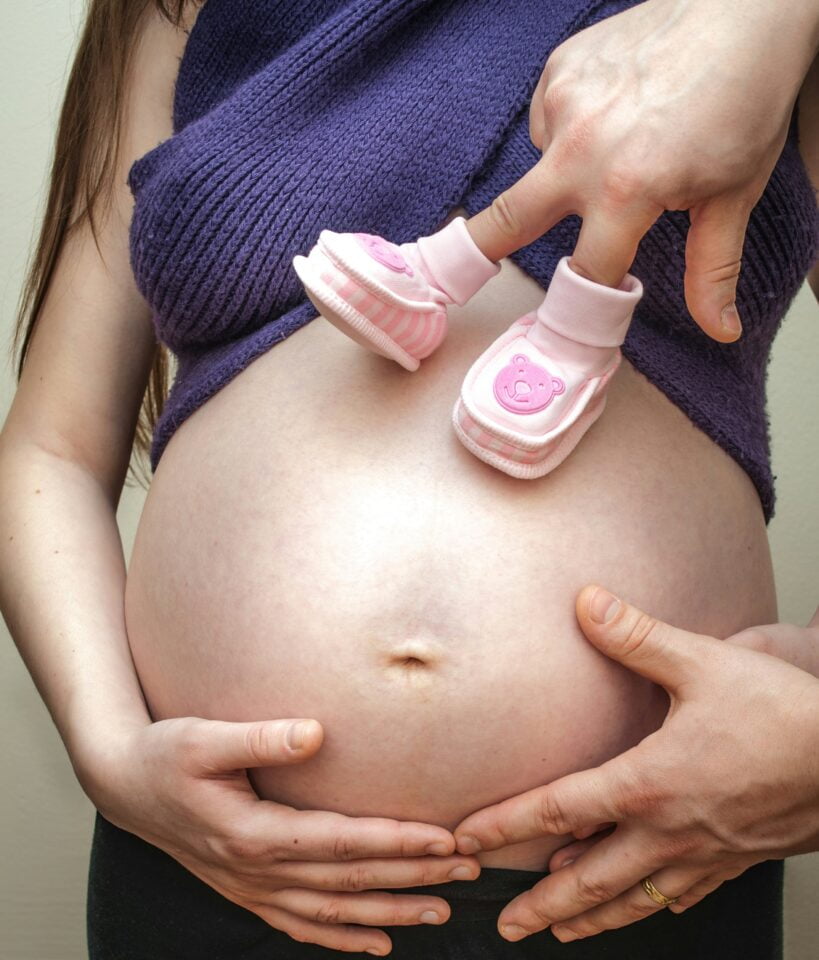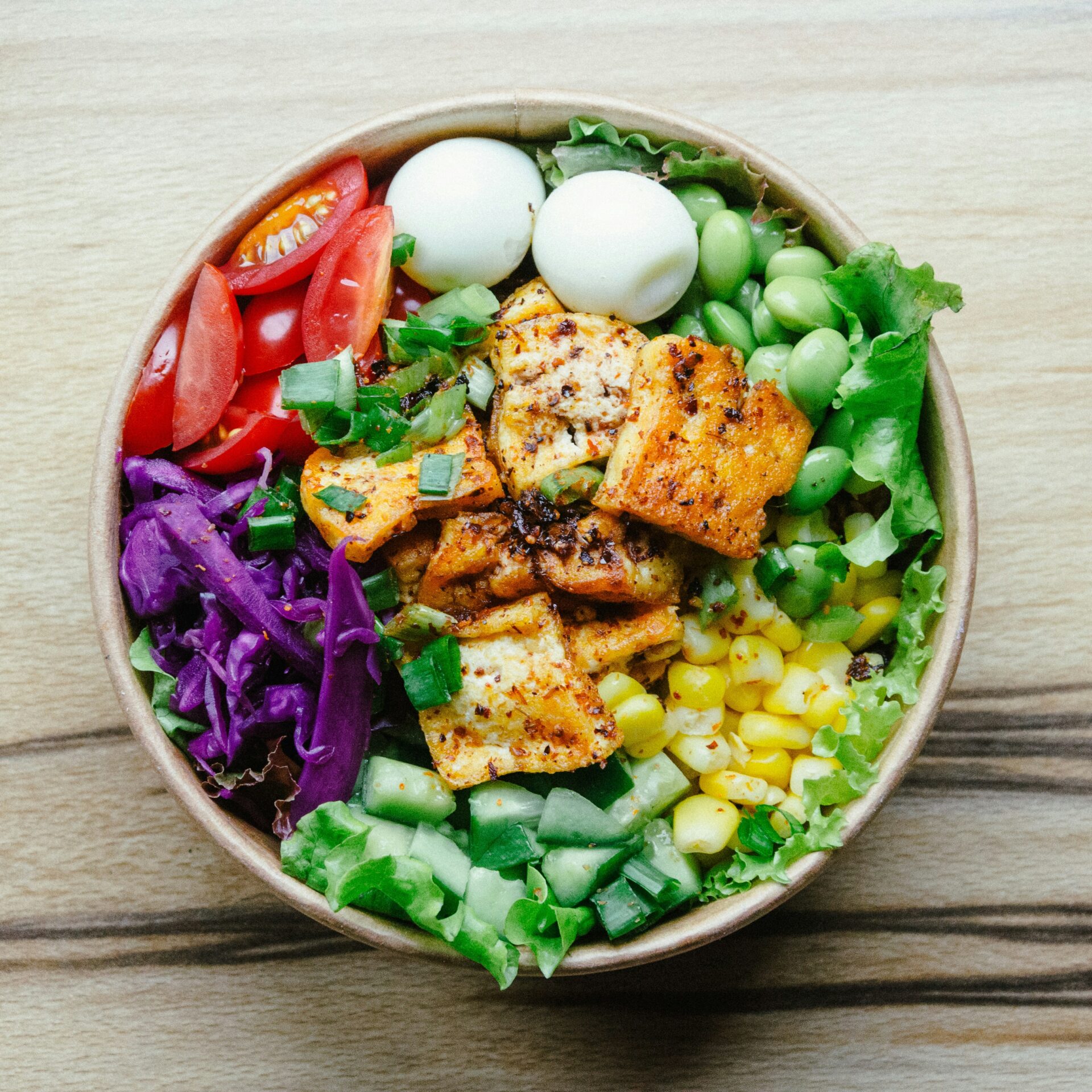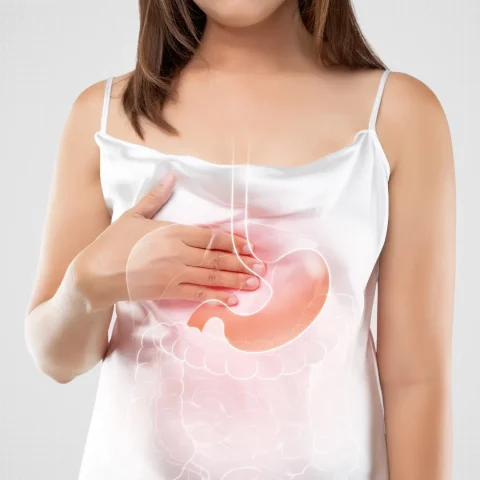Pregnancy is such a special time, brimming with hope and excitement as you prepare to embrace motherhood and your little one. It’s also a period when paying attention to nutrition becomes even more crucial. Vitamin K2 has come into focus in maternal health in recent years, as it plays a significant role in healthy skeletal, cardiovascular, and microbiome development. For pregnant women and couples trying to conceive, understanding vitamin K2’s benefits is essential for a healthy gestation period and your baby’s well-being. In this article, we explore the vital role of vitamin K2 during pregnancy, its sources, benefits, dosage recommendations, and safety considerations. Let’s dive in!

What is Vitamin K and Vitamin K2?
Vitamin K is a collective term for a group of fat-soluble vitamins that play an integral role in bone health and blood clot formation. Named after the Danish word “coagulation”, vitamin K comes in two main natural forms: vitamin K1 and K2. Vitamin K1 (phylloquinone) is mainly found in leafy green plants, while vitamin K2 (menaquinones) comes from fermented foods, beneficial bacteria and animal products.
Vitamin K2 Metabolism and Recycling
Vitamin K2 undergoes a unique process of synthesis and recycling within the human body, primarily in the intestinal tract and liver. Gut bacteria are responsible for converting vitamin K1 into K2, a process critical for the optimal functioning of this nutrient. Furthermore, vitamin K2 participates in a recycling process through the “vitamin K redox cycle,” which allows a small quantity of the vitamin to be reused multiple times for various physiological functions. This conversion and recycling mechanism ensures that vitamin K2 can effectively be used by its target tissues. Specifically, K2 supports bone mineralisation, blood clotting, and cardiovascular health, highlighting its essential role in human nutrition and well-being.
However, there is a limit to the recycling of vitamin K2. The body doesn’t store this nutrient, and in times of physical and emotional stress and rapid development, vitamin K2 gets depleted quickly. This, of course, is par for the course with pregnancy, where nutrient demands are high, and the need for an abundance of vitamins and minerals to support all areas of growth is also essential.
The Gut Microbiome Makes Vitamin K2
All humans, including newborn babies, synthesise Vitamin K2 in their digestive systems. Bacteria in the large intestine (colon) can make vitamin K2 and menaquinones. However, the amount synthesised is minimal compared to the amount obtained from foods.
The Importance of Vitamin K2 During Pregnancy

Vitamin K2 plays a few important roles during pregnancy. It supports bone health, aids in blood clotting, and helps ensure both you and your baby have a healthy microbiome. Let’s take a closer look at these in further detail.
Vitamin K2 Supports Bone Health for Mother and Baby
Vitamin K2 ensures adequate bone formation by properly metabolising calcium levels in the body. This means that vitamin K2 works synergistically with calcium to improve and maintain bone mineral density while providing the proper development of your baby’s skeletal system while in utero. In essence, vitamin K2 facilitates calcium deposition in your bones and the bones of your growing baby all at once.
Vitamin K2 Prevents Bleeding Disorders, Microbiome Health and Heart Health
One important function of vitamin K2 in the body is to assist in blood coagulation (clotting). This is especially important during childbirth to prevent excessive bleeding.
A study published in the journal Nutrients discusses the relationship between a mother’s gut microbiome and pregnancy-induced hypertension. Changes in gut bacteria are common during the first trimester, which could also alter vitamin K2 production simultaneously. These findings are relevant to women who may be at risk of high blood pressure. Adequate vitamin K2 levels have a protective role in the cardiovascular system and may reduce the risk of the onset of pregnancy-induced hypertension.
Vitamin K2 also helps prevent the calcification of blood vessels, which is a key aspect of maintaining cardiovascular health. By activating specific proteins, vitamin K2 helps calcium get to the bones instead of arteries, supporting the heart health of both mothers and babies.
Vitamin K Administration at Birth: Is It Important?

There is conflicting evidence around the importance of Vitamin K supplementation during pregnancy. A systematic review from 2018 revealed the efficacy and positive outcomes related to vitamin K supplementation during pregnancy are inconclusive. The results of this comprehensive study showed good outcomes for mothers in terms of reduced risks of bleeding during childbirth. However, whether the supplemental intake of vitamin K during pregnancy had a positive benefit for newborns wasn’t clear.
In light of these findings, giving your baby a dose of Vitamin K (intra-orally or via subcutaneous injection) at birth appears to protect them against the risk of bleeding disorders and associated health problems.
So, if vitamin K levels are inadequate, there is a theoretical (and sometimes very real) risk of bleeding within the first few weeks of life. A condition called Vitamin K Deficiency Bleeding (VKDB) affects some newborns in specific global regions. Without vitamin K prevention, late VKDB affects 4-7 out of 100,000 births in Europe, with higher incidence rates in Southeast Asia, especially in rural, low-income areas where about 0.1% of affected infants may experience intracranial bleeding.
In real terms, the risk of something like this happening in a healthy pregnancy is low, but not zero, which is why many perinatal health providers recommend the administration of vitamin K at birth.
Food Sources of Vitamin K2

Vitamin K2 is more abundant than you might think. In fact, if you’re enjoying a balanced diet during your pregnancy, you’re likely already consuming plenty of vitamin K2-rich foods. Cheese, beef liver and tofu are among some of the best natural sources of vitamin K2 (menaquinones).
Here’s a list of the most abundant vitamin K2 food sources available:
Vitamin K2-Rich Foods
- Natto (fermented soybeans)
- Hard cheeses (such as Gouda and Cheddar)
- Soft cheeses (such as Camembert)
- Yogurt, particularly Greek yoghurt
- Egg yolks from free-range chickens
- Butter from grass-fed cows
- Chicken liver
- Beef liver
- Salmon, especially wild-caught
- Sauerkraut
These natural dietary sources of vitamin K2 should be integrated into your diet to ensure adequate levels of this essential nutrient during your pregnancy.
Supplement Safety and Dosage Recommendations
Supplementation is not without its nuances, and during pregnancy, it’s vital to take the appropriate amount and adhere to safety guidelines.
Guidelines for Intake During Pregnancy
Considering how important vitamin K and vitamin K2 are, ensuring you’re getting enough during your pregnancy and while breastfeeding is crucial. The recommended daily intake of Vitamin K2 during pregnancy typically sits around 90 micrograms. Vitamin K intake should be primarily maintained through a healthy diet, rich in leafy greens, fermented foods, dairy and meat.
Supplements can fill the gap for women who may not be able to obtain optimal levels of vitamin K2 through diet alone. However, it’s important to choose supplements specifically designed for pregnancy and to consult a healthcare provider before taking anything.
Caution with Some Medications
It’s important to note that certain medications, including vitamin K antagonists like warfarin, can interfere with vitamin K metabolism. If you’re pregnant and taking any medication, discussing your vitamin K intake with your healthcare provider is crucial to avoid complications.
Prenatal Steroid Use Decreases Vitamin K2 Levels
If you’re taking steroids during your pregnancy, you may not be aware that you’re increasing your risk of vitamin K2 deficiency for yourself and your baby. A retrospective study from 2023 found that pregnant women who received antenatal corticosteroids showed a fivefold increase in the risk of developing a vitamin K2 deficiency. This poses an important point for all mothers to consider when establishing a holistic care plan for their pregnancy and their baby that supports the best health outcomes for both.
Each pregnancy is unique, and so are your nutritional needs. It’s imperative to discuss the use of vitamin K2 supplements with your obstetrician, midwife, or a qualified practitioner to ensure they align with your and your baby’s health needs.
Exploring the Protective Benefits of Vitamin K During Pregnancy
Vitamin K2 is a protective nutrient for you and your baby. It’s integral for both the maternal and foetal skeletal system, supporting blood clotting and microbiome health. Being mindful and including vitamin K2 in your diet can help you build a stronger foundation of health for yourself and your little one. While dietary sources of vitamin K2 are preferred, supplements may be recommended in certain situations. Remember to discuss your dietary and supplementation choices with a trusted healthcare professional, and stay attuned to the latest research that champions all things related to maternal nutrition.
References
Aguilar-Lopez, M., Wetzel, C., MacDonald, A., Ho, T. T. B., & Donovan, S. M. (2022). Metagenomic profile of the fecal microbiome of preterm infants consuming mother’s own milk with bovine milk-based fortifier or infant formula: a cross-sectional study. The American journal of clinical nutrition, 116(2), 435–445. https://doi.org/10.1093/ajcn/nqac081
Lin, H., Chen, J., Ma, S., An, R., Li, X., & Tan, H. (2022). The Association between Gut Microbiome and Pregnancy-Induced Hypertension: A Nested Case-Control Study. Nutrients, 14(21), 4582. https://doi.org/10.3390/nu14214582
Liu, L., Chen, C. H., Rong, S. W., Lin, S. Z., Cai, N. L., & Ao, D. (2023). Antenatal steroid as an independent risk factor for vitamin K2 deficiency in newborns: A Chinese single-center, retrospective study. Saudi medical journal, 44(8), 788–794. https://doi.org/10.15537/smj.2023.44.8.20230084
Oregon State University, Linus Pauling Institute, Micronutrient Information Centre, Vitamins, Vitamin K, https://lpi.oregonstate.edu/mic/vitamins/vitamin-K, viewed 11 March 2024
Shahrook, S., Ota, E., Hanada, N., Sawada, K., & Mori, R. (2018). Vitamin K supplementation during pregnancy for improving outcomes: a systematic review and meta-analysis. Scientific reports, 8(1), 11459. https://doi.org/10.1038/s41598-018-29616-y
Shearer M. J. (2009). Vitamin K deficiency bleeding (VKDB) in early infancy. Blood reviews, 23(2), 49–59. https://doi.org/10.1016/j.blre.2008.06.001
Vermeer, C., Raes, J., van ‘t Hoofd, C., Knapen, M. H. J., & Xanthoulea, S. (2018). Menaquinone Content of Cheese. Nutrients, 10(4), 446. https://doi.org/10.3390/nu10040446
Image credits: Vitamin K, Tofu, Pregnant belly, Baby bump






